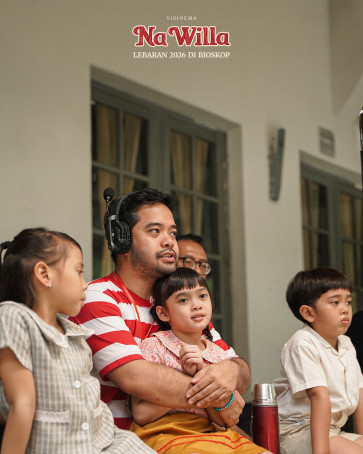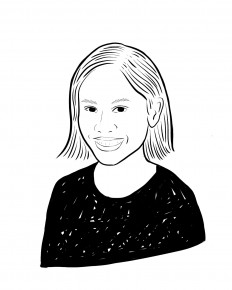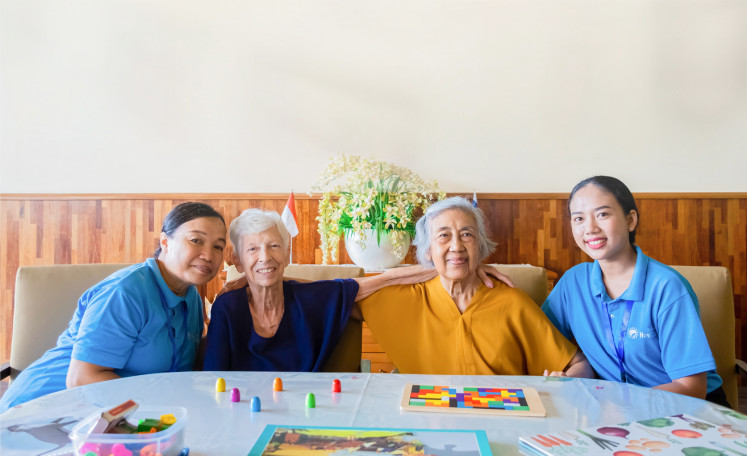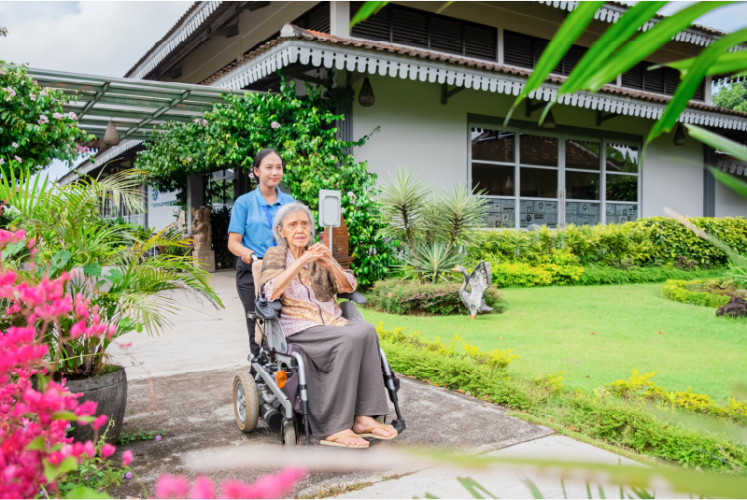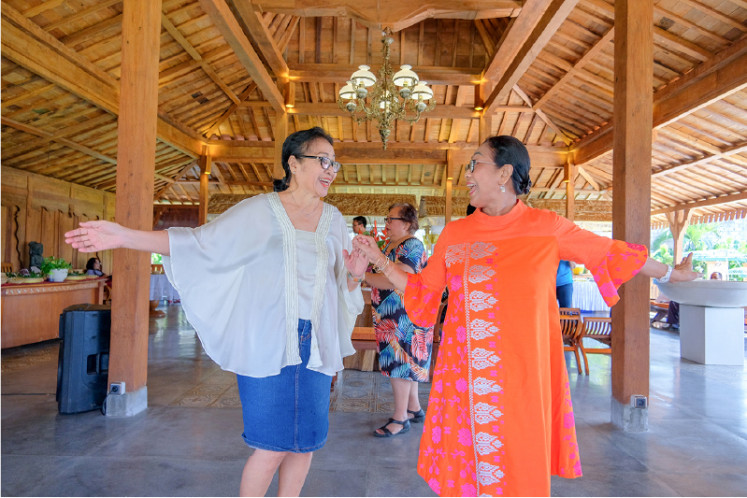This isn’t my mother.
The 90-something-year-old grandmother spends most of the day in her room, away from her family. She screams, gives out false information and threatens to leave home.
Her daughter, Cyan (not her real name), is at a loss.
“We don’t know what else to do,” she tells me.
Physically, Cyan’s mother is in remarkable health for her age. But her memory has gaps, and traumatic incidents from decades ago resurface as if they happened yesterday.
She has become more temperamental, judgmental, and emotional—in some ways, like a child. But unlike a child, she can clearly articulate her stubborn idealism.

Thank you!
For signing up to our newsletter.
Please check your email for your newsletter subscription.
Her transformation is gradual. Cyan tries to accommodate her mother, to keep her happy, but it’s never enough. Over time, her mother grows suspicious and anxious, especially around their house helper.
It turns out paranoia like this is a symptom of dementia—an umbrella term for a decline in brain function. And in Indonesia, more people suffer from it than official statistics suggest.
What we fail to see
Indonesia’s senior population makes up only about 12% of the country, which might help explain why so many families are unprepared to care for aging parents, particularly those who begin to show signs of dementia.
The word pikun—often used to describe elderly forgetfulness—barely scratches the surface of what many experience.
The World Alzheimer Report estimates that more than 7 million Indonesians will suffer from it by 2050. Many cases, however, remain undiagnosed—partly because their children are in denial, dismissing their parents’ outbursts as mood swings. Sometimes, it’s the parents themselves who refuse to see a doctor.
Diagnosis, therefore, often comes late, if at all.
“Families usually come to us when they’re already burned out,” Dewi Trisnawati, the managing director of HoviCare, a senior care provider from Finland, tells me.
I was visiting their branch in Bali to try to understand changing attitudes toward nursing homes in Indonesia, where children are expected to take personal care of their parents as they grow old. What I found instead was a story about how the way we express our love for our parents might have to evolve as they age.
. (Courtesy of HoviCare Bali/,)
Many of the clients in HoviCare suffer from dementia, Dewi says, but even some among those without a diagnosis show clear signs of it.
“As caretakers, our job is to slow the progression of dementia,” Dewi says.
“Because the more severe it gets, the deeper they retreat into their own world. At some point, they’re not really here anymore.”
An alternate universe
Seniors with dementia live in a different reality. They might not recognize their own face in the mirror, remember their family members, or realize that their parents have long since passed.
“Sometimes I ask a resident how old she is, and she says 35,” Dewi says.
“Slowly, they forget who they are. They lose the ability to express themselves. That’s why they feel lost and frustrated.”
Dementia often begins with short-term memory loss—they forget what they just ate, where they were going, what they just read.
At HoviCare, 84-year-old Carol Wyatt, an avid reader, struggles with this.
“I don’t remember,” she chuckles when asked about the book in her hands.
“I just open where I left off, read the last few paragraphs, and continue.”
In conversation, Carol seems fully present. She talks for an hour about traveling across Southeast Asia with her husband. She doesn’t seem like someone losing her grasp on reality.
When she was still living with her daughter, she sometimes became confused or aggressive. But that changed once she moved into HoviCare.
“My Mama seems really happy there,” says Jacky, Carol’s daughter. “Sometimes she calls and asks when I’m picking her up, but she forgets about it soon after.”
. (Courtesy of HoviCare Bali)
Beyond memory loss, drastic mood swings, depression, and aggression are common symptoms of dementia. Past traumas also shape how the condition unfolds.
“My mother-in-law hides cash in different places around her room—inside stacks of clothes, under the bed—then forgets where she put it,” says Ni Luh Putu Winhursita, whose mother-in-law is a HoviCare client. “Maybe she unconsciously feels anxious about someone stealing from her, because of how she was raised.”
One of the biggest signs that a parent may have dementia is simply the feeling that they have become someone else.
Difficult choices
As disorienting as dementia is for the elderly, it’s also surreal for their children. It upends daily routines, alters family dynamics, and challenges everything they think they know about their parents. It is terrifying.
Their parents’ condition will likely only get worse, and there is a quiet realization that, in some ways, their real selves are already gone.
The fact that ‘tricks’ and ‘lies’ are sometimes necessary just to persuade them to do something productive is heartbreaking. For their children, it is painful to accept that their once-reliable parents can no longer be depended on.
But simply having a diagnosis takes some burden off the children, even if it doesn’t immediately provide a solution.
“It helps us be more patient,” says Cyan, who has decided to keep her mother at home, learning about dementia from friends who are in similar situations.
For others, however, a nursing home can be the best option—for both the parents’ and the children’s well-being—especially if the parent’s condition requires round-the-clock monitoring.
But nursing homes also come with their own challenges: the parents may not like their neighbors, they may struggle with limited space, or, in rare cases, they may be placed in care even if they don’t want to.
“Moving into a senior home is a big change. It might be uncomfortable at first,” says Herman Kwik, founder of Rukun Senior Living, where most residents have dementia.
“We usually give them one to two weeks to adjust. If they still can’t settle in, even after we’ve done everything we can to help, we may suggest that the family take them home.”
For families who aren’t ready for a nursing home but need help, elderly clubs—essentially daycare for seniors—can be a middle ground. These programs offer structured activities tailored for different levels of dementia.
“Elderly people shouldn’t just sit around watching TV all day,” Herman says. His facilities are in Cipete, Bintaro and Sentul.
“They need to keep their minds engaged and stay busy, or it affects their mood and emotions.”
. (Courtesy of HoviCare Bali)
Though these services are still limited in Indonesia, elderly clubs offer flexible schedules, giving families much-needed breaks. Sometimes, a few hours away makes all the difference.
A new kind of love
At HoviClub in Bali, I watch as nearly 15 seniors gather in a large indoor space. Many stay for half a day, socializing and playing Bingo while their families go to work.
The day begins with a short walk around the tree-lined complex, followed by a cooling-off session indoors. After some light stretching, they move on to mental exercises—simple questions like “What day is it?” or “Where are we?” that hint at their cognitive state.
One resident, a retired government official in his 80s, is asked to name five professions. He names four before his friend helps him with the last one.
“Many of our clients were high-profile people, so they can be vocal and demanding,” Dewi says. “We have to maintain their dignity while keeping them mentally stimulated.”
. (Courtesy of HoviCare Bali)
Caring for aging parents is complex. For many children, it feels like a dead end—difficult, exhausting, isolating. But professional help exists not just for the parents, but for their children too.
Because no one should have to carry this weight alone.
In the end, loving a parent with dementia means loving them differently. It means accepting that the person they once were is slipping away. And it means giving them a quality of life filled with dignity, care and compassion—even if that means loving them from a distance.
Michelle Anindya is a writer and journalist. From her home in Bali, she writes about anything from coffee to tech.






